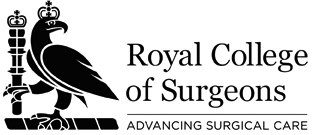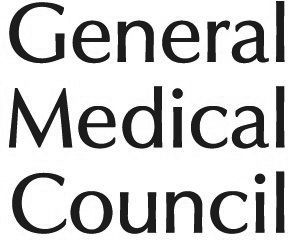Prof. Ameet Patel, Consultant Hepatobiliary Surgeon
Prof. Ameet Patel
Consultant Hepatobiliary Surgeon
Prof. Ameet Patel MS, FRCS
Consultant Hepatobiliary Surgeon
Prof. Ameet Patel
Consultant Hepatobiliary Surgeon MS, FRCS
Areas of expertise
- Minimal access and single incision surgery
- Innovative minimal access techniques
- Pancreatic resections
- Biliary resections
- Laparoscopic (keyhole) surgery

Recommendations for Prof. Patel
These recommendations are for information purposes only. Doctors providing recommendations do so in good faith and are not responsible for clinical outcomes.






Recommended by:
Make an appointment
Address
-
HCA UK at The Shard
The Shard, 32 St Thomas Street, London, SE1 9BS
-
London Bridge Hospital
27 Tooley Street, London, SE1 2PR
-
London Digestive Centre
41 Welbeck Street, London, W1G 8DU
-
The Princess Grace Hospital
42-52 Nottingham Place, London, W1U 5NY
-
HCA UK Canary Wharf
St Thomas Street, London, SE1 9BS
About Prof. Ameet Patel
Prof. Ameet Patel is a Consultant HPB/Liver Surgeon at King's College Hospital, where he has been serving since 1999. Over the past decade, he has developed one of London’s leading Bariatric Centres, continually advancing the field of day case surgery and pioneering Single Incisional Laparoscopic Surgery (SILS), a cutting-edge technique in minimal access surgery.
Prof. Patel graduated from St George's Hospital, London in 1985. He underwent surgical training in various prestigious UK institutions, including London, Norwich, and Cambridge. His expertise was further honed through a Fellowship in Minimal Access, HPB, Upper GI, and Bariatric Surgery in Australia, and a Research Fellowship in Pancreatic Surgery at University College, Los Angeles, USA, under the mentorship of Prof. Howard Reber.
In addition to his clinical work, Prof. Patel is frequently invited to perform live surgical demonstrations and present his findings at national and international conferences, showcasing his expertise and innovative techniques.
Prof. Patel's commitment to advancing surgical techniques and improving patient outcomes has made him a respected figure in the medical community. His work continues to push the boundaries of what is possible in the field of minimal access surgery.
Areas of expertise
- Minimal access and single incision surgery
- Innovative minimal access techniques
- Pancreatic resections
- Biliary resections
- Laparoscopic (keyhole) surgery
Professional memberships


Articles by Prof. Ameet Patel
Bariatric and metabolic surgery during and after the covid-19 pandemic: dss recommendations for management of surgical candidates and postoperative patients and prioritisation of access to surgery
Measurement of hepatic insulin sensitivity early after the bypass of the proximal small bowel in humans: insulin sensitivity after the endobarrier
Changes in bile acid profile after laparoscopic sleeve gastrectomy are associated with improvements in metabolic profile and fatty liver disease
Weight loss, adipokines, and quality of life after sleeve gastrectomy in obese patients with stages 3-4 ckd: a randomized controlled pilot study
The effect of intraoperative n-acetylcysteine on hepatocellular injury during laparoscopic bariatric surgery. a randomised controlled trial
Survival outcomes following hepatectomy for stage iv colorectal liver metastases: a comparison of liver- versus colon-first approach

 Instant booking
Instant booking














